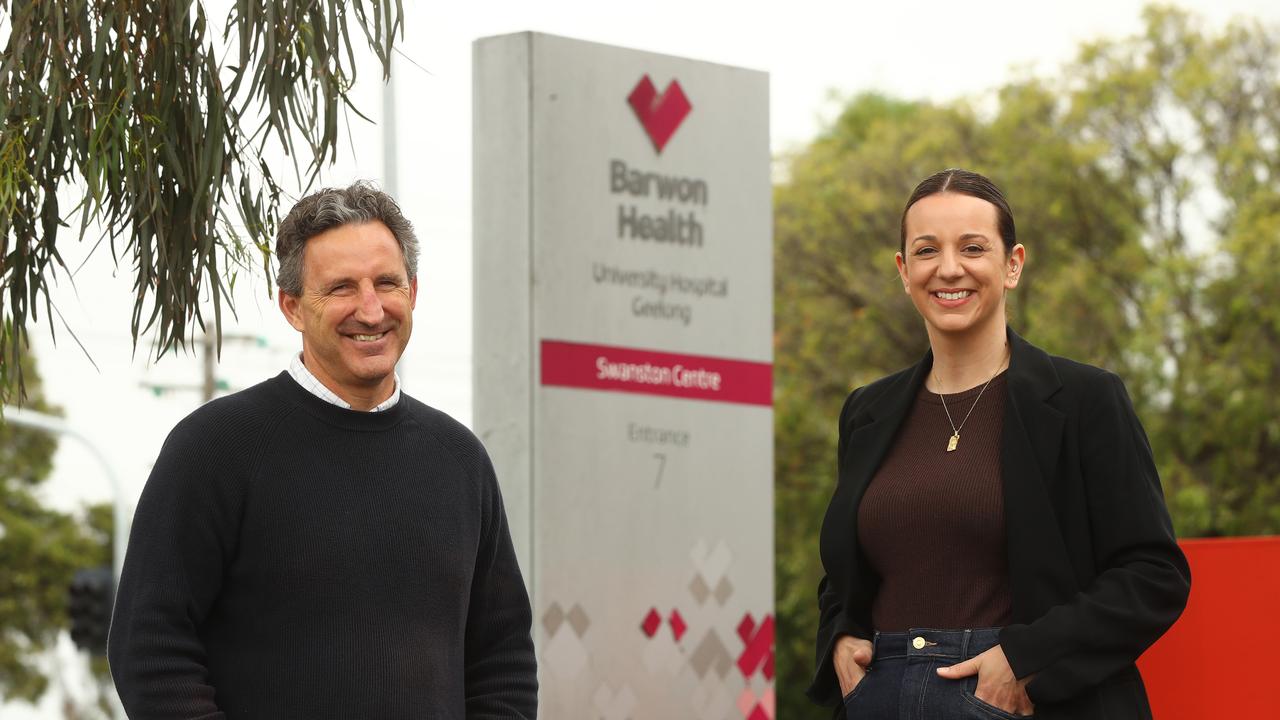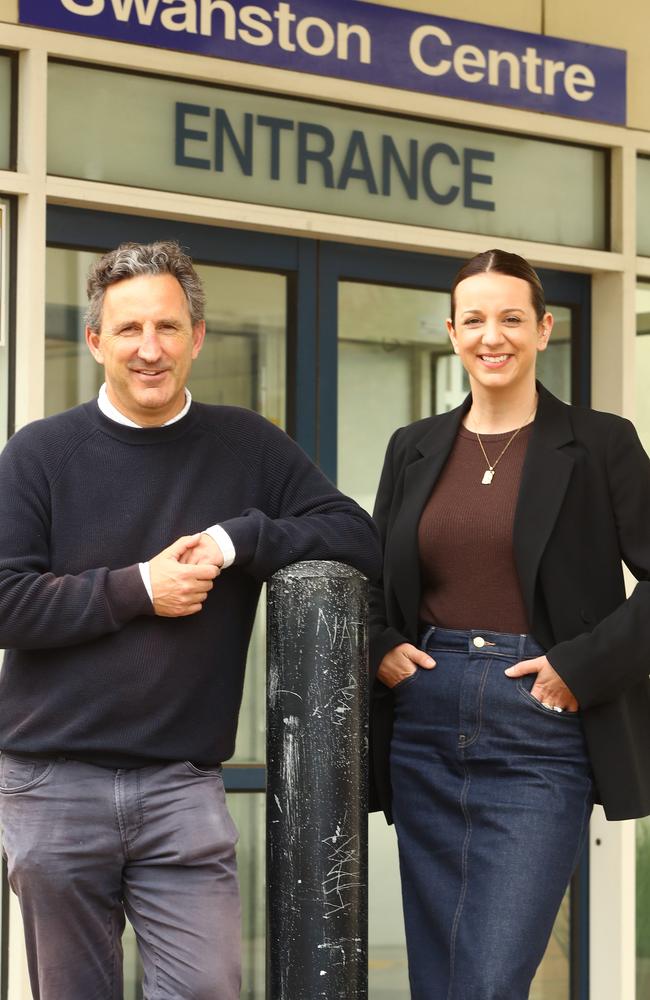Deakin University finds alternatives to restrictive mental health care
“Groundbreaking” research is finding alternatives to restrictive mental health care which can be traumatising for patients.

Geelong
Don't miss out on the headlines from Geelong. Followed categories will be added to My News.
New research from Deakin University is finding alternatives to restrictive mental health care practices that can isolate and restrain patients, potentially leaving them traumatised.
Dr James McLure, a senior peer support worker with Barwon Health and research fellow at Deakin University, knows first-hand the impacts of restrictive practices to both patients and staff.
Restrictive practices can include seclusion, which involves confining a distressed patient into an enclosed space, and restraint, which may involve using a device to prevent a person from moving or giving someone a drug to control their behaviour.
Geelong has a high rate of seclusion episodes with 19.35 per 1000 beds from July to September this year.
This is compared to 9.78 per 1000 beds statewide in the same time period.
“Ideally people are met with care and kindness but sometimes for the safety of other people on the ward and themselves, we employ restrictive practices at times,” Dr McLure said.
“It is hard on both staff and patients.
“People don’t ever like having their freedom restricted and it’s very challenging.”
Dr McLure, who has been a support worker for eight years, said it was important to continually improve mental health care practices for patients.
“We know that with love, respect and great care, people are more likely to grow and heal,” he said.
Dr McLure was a part of new research by Deakin University, in partnership with Barwon Health, which developed a new trauma-informed approach to mental health care in acute settings.
The research uses the experience and knowledge of those with lived experience including psychiatric nurses and former patients.
It focused on a key recommendation from the Royal Commission into Victoria’s Mental Health System to eliminate the use of restrictive practices and create a more harmonised environment for patients.

Deakin Institute for Health Transformation PhD student Stephanie Bennetts said restrictive practices could be re-traumatising for both patients and practitioners so finding alternatives was critically important for everyone.
“There are some people with lived experience that have a very personal understanding of the fear and trauma that is associated with hospital admissions,” she said.
“Our research was the first to listen to the experiences of both former patients and nursing staff to develop new ways of improving ward safety and patient outcomes.”
A suggestion strategy is to introduce a mental health peer navigator who is the first point of contact in the admissions process.
The research team is now seeking funding to start a trial of the peer navigator role at Barwon Health psychiatric unit the Swanston Centre.
“Participants said having someone close by who has walked in their shoes would be a calming and supportive influence during what is often a distressing time in someone’s life,” Ms Bennetts said.
More Coverage
Originally published as Deakin University finds alternatives to restrictive mental health care










